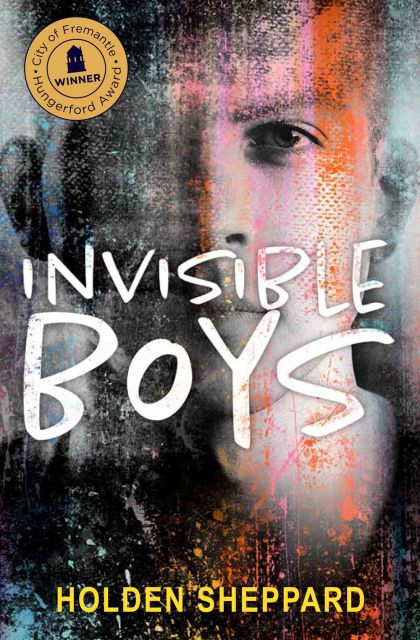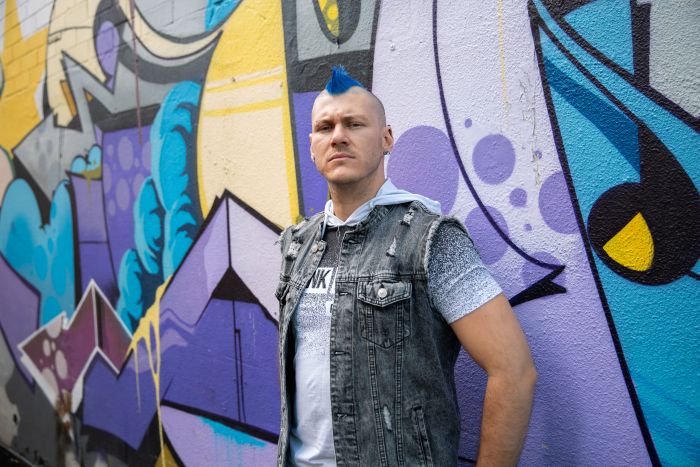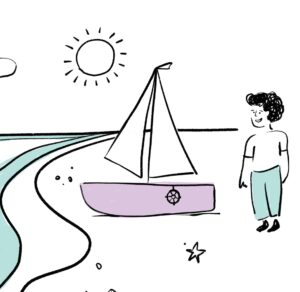At a recent national suicide prevention conference, we were challenged by the speaker to envision what we would like to see in mental health services in 2030. Sitting at a table with a group of experienced and respected mental health professionals there were some truly aspirational and exciting suggestions given. The only vision which keeps coming back to me again and again however, is that offered by a young man at our table.
He listened respectfully to all the other expansive suggestions and then offered that his wish is that by 2030, as a young gay man, he’ll be able to walk into any health service (let alone mental health service) in Australia and receive health support that does not discriminate against him in anyway, based on his sexuality. This has stuck with me because, ignorantly, I had never considered that this would be an issue in the current time in Australia.
Growing up and coming to an understanding that you are not heterosexual, in a world that often assumes you will be, can be daunting. There is a higher prevalence of mental health issues in (especially young) people who are gender and sexually diverse, and they have higher risk of suicide. The reasons for this can be complex, but often oscillate around the prejudice and discrimination they either perceive, experience, or internalise with shame and self stigma. Their sexuality and identity are not the problem. It is the marginalisation they can face which is.
Invisible Boys
Invisible Boys is a book by Holden Sheppard that charts the internal and external battles of three young gay men growing up in Geraldton, WA.
The book provides profound insights into the various ways the boys come to understand their sexuality, how they each engage with what it means for them and how it affects their relationships, especially with their families and peers.

It is a book that will wander around in your head long after you’ve put it down. You’ll be left wondering where the boys go next and how they fare. The boys’ stories are each powerful, and distressing. For readers who have never had to question their sexuality or gender identity, who have never been ostracised because of who they’re attracted to, or who have never faced the choice of being themselves, or hiding forever, the stories of Hammer, Zeke, and Matty will help you to understand the sometimes invisible wounds we inflict on others. The story contains graphic sex scenes, violence and themes of mental health issues and suicide which will be confronting for some readers. The publisher, Fremantle Press, recommends readers aged 15+.
Gender & Sexual Diversity
What can be done to reduce the mental health burden for people who live with gender and sexual diversity? We can learn more about their experiences. We can open our perspective to see that despite what many of us grew up thinking, that gender is binary and fixed, the reality is that there are many people who have different experiences and our ignorance of such diversity is no longer acceptable.
There are many great options for support and information. The most important thing is to take action to educate yourself and open your perspectives to be an ally, and to seek any support you might need if you are LGBTIQ+ yourself.
-
 Engaging with Empathy & Compassion | eLearning Course$330.00 inc.GST
Engaging with Empathy & Compassion | eLearning Course$330.00 inc.GST -
 Building Buoyancy | eLearning Course*$180.00 inc.GST
Building Buoyancy | eLearning Course*$180.00 inc.GST -
 Workplace Mental Health for Leaders | eLearning Course + Assessments$770.00 inc.GST
Workplace Mental Health for Leaders | eLearning Course + Assessments$770.00 inc.GST
Tap into our mental health expertise
Image: Jessica Gately



